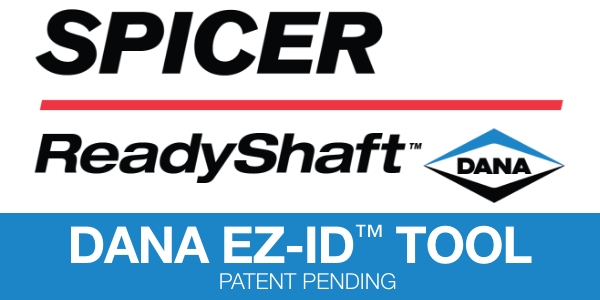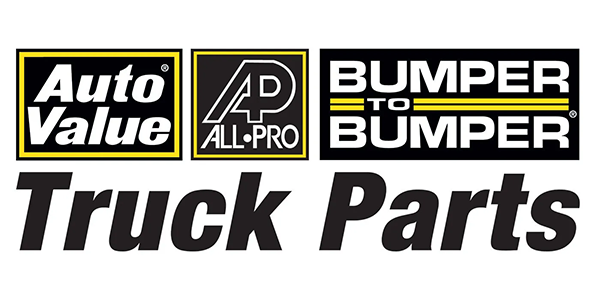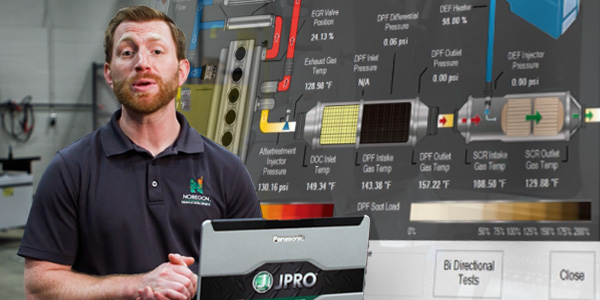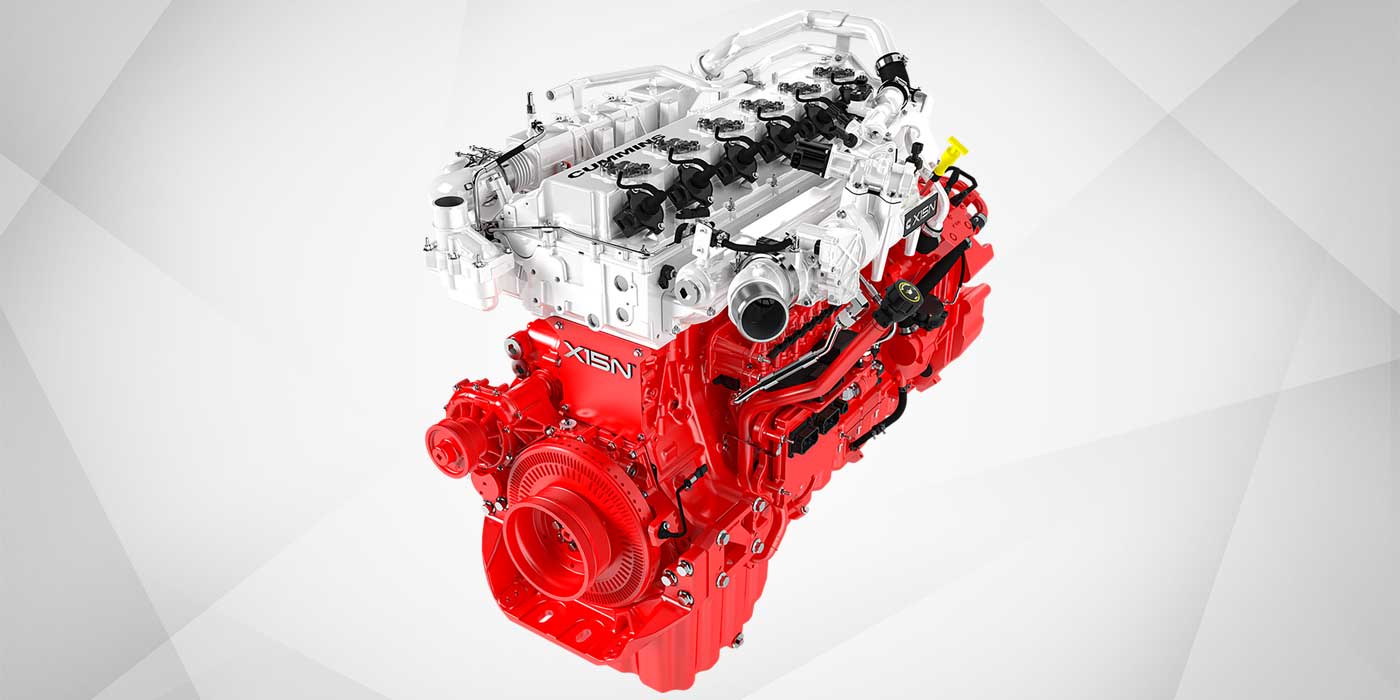OEMs and oil providers agree: Fleets that aren’t taking advantage of used oil analysis are potentially setting themselves up for premature wear, added downtime and thousands of dollars in repairs. The fact is that used oil analysis provides invaluable information when it comes to knowing the health of your trucks’ components, as well as perfecting those trucks’ oil drain intervals. Armed with this knowledge, fleets can better minimize downtime and optimize maintenance practices.
“Oil analysis influences so many things downstream, especially drain intervals. Oil analysis not only gives you a nice snapshot of the health of the oil at any given time, but also of the health of the hardware at any given time,” says Ken Tyger, Director of Gas Recovery Systems and PennGrade 1 consultant at D-A Lubricant Co. “It is absolutely key and is something that, in my opinion, any owner of any application should be involved with.”
D-A Lubricant Co. has been a used oil analysis partner to not just fleets, but all kinds of businesses utilizing equipment for decades and is trusted to make the most of the oil analysis results and give the proper recommendations.
“We have a history in oil analysis and we’re very proud of the program,” says Technical Manager and Heavy-Duty Expert Jim Salmon of D-A Lubricant Co.
Click here to see a full list of D-A Lubricant Co.’s diesel engine oil offerings.
By pairing oil analysis with proper lubrication, fleets can maximize the efficiency of their hardware and could possibly catch problems in the engine before they become too large an expense down the road. As trained oil analysts, D-A experts like Tyger and Salmon can use oil analysis to identify problems, like identifying a precursor for a coolant issue or determining that an oil’s viscosity is too high due to an overextended drain interval.
“We can tell you exactly what kind of contaminant you are dealing with,” Tyger says. “We don’t make blind statements with oil analysis. Proper review and interpretation must be conducted. Without its benefit we’re simply guessing.”
Salmon says D-A’s oil analysis programs are not one-size-fits-all solutions. Rather, the company tailors its programs to the fleet. For most fleets, he recommends taking an oil sample at least once with every oil change. For continuously operating equipment, Salmon says it may be necessary to sample the oil multiple times between drains.
“Does everybody need engine oil analysis? I would say yes. Knowing what the oil is doing in there is a must,” Salmon says. “Especially if you care about your equipment or you have a larger fleet, it’s too expensive not to.”
Click here for more on D-A Lubricant Co.’s oil analysis offerings.















